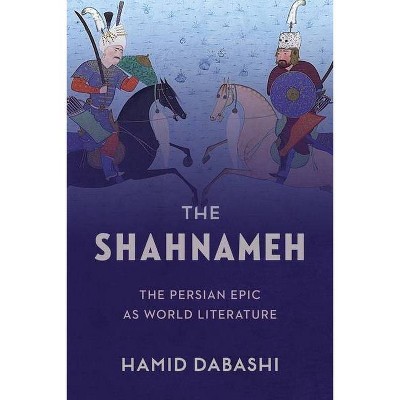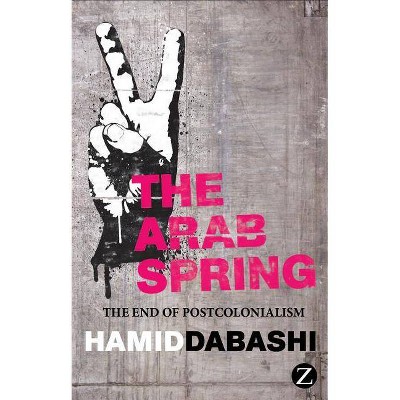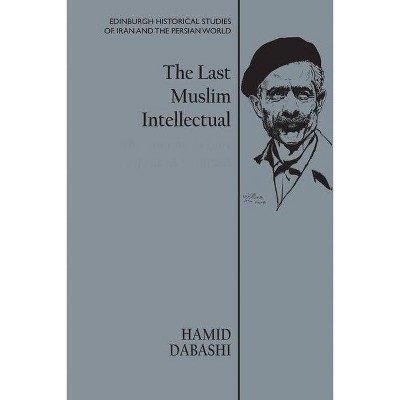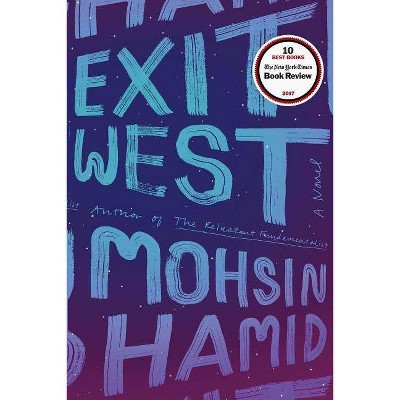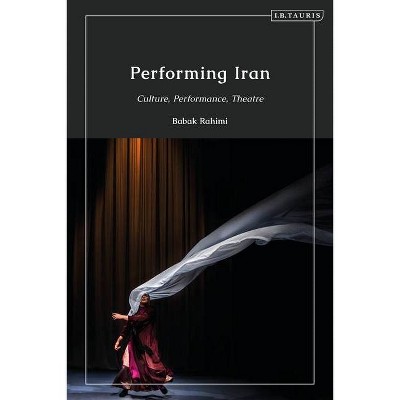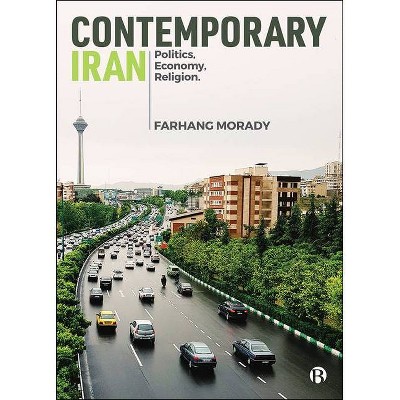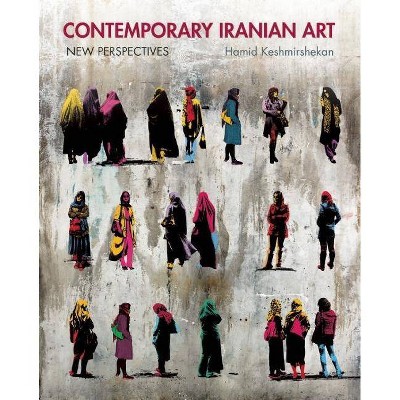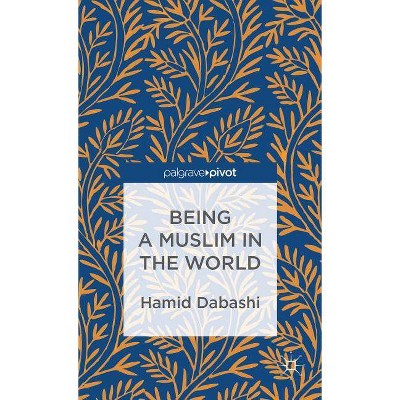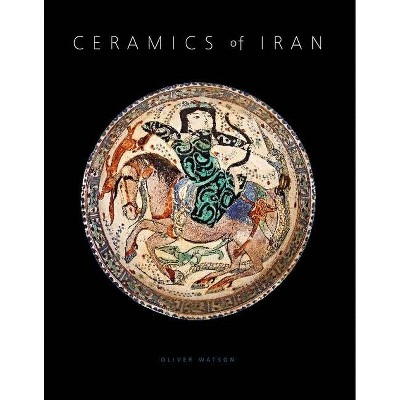Iran - by Hamid Dabashi (Hardcover)
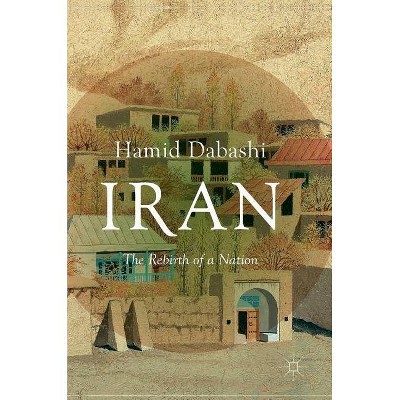
Similar Products
Products of same category from the store
AllProduct info
<p/><br></br><p><b> Book Synopsis </b></p></br></br>In this unprecedented book, Hamid Dabashi provides a provocative account of Iran in its current resurrection as a mighty regional power. Through a careful study of contemporary Iranian history in its political, literary, and artistic dimensions, Dabashi decouples the idea of Iran from its colonial linkage to the cliché notion of "the nation-state," and then demonstrates how an "aesthetic intuition of transcendence" has enabled it to be re-conceived as a powerful nation. This rebirth has allowed for repressed political and cultural forces to surface, redefining the nation's future beyond its fictive postcolonial borders and autonomous from the state apparatus that wishes but fails to rule it. Iran's sovereignty, Dabashi argues, is inaugurated through an active and open-ended self-awareness of the nation's history and recent political and aesthetic instantiations, as it has been sustained by successive waves of revolutionary prose, poetry, and visual and performing arts performed categorically against the censorial will of the state. <p/><p/><br></br><p><b> From the Back Cover </b></p></br></br>In this unprecedented book, Hamid Dabashi provides a provocative account of Iran in its current resurrection as a mighty regional power. Through a careful study of contemporary Iranian history in its political, literary, and artistic dimensions, Dabashi decouples the idea of Iran from its colonial linkage to the cliché notion of "the nation-state," and then demonstrates how an "aesthetic intuition of transcendence" has enabled it to be re-conceived as a powerful nation. This rebirth has allowed for repressed political and cultural forces to surface, redefining the nation's future beyond its fictive postcolonial borders and autonomous from the state apparatus that wishes but fails to rule it. Iran's sovereignty, Dabashi argues, is inaugurated through an active and open-ended self-awareness of the nation's history and recent political and aesthetic instantiations, as it has been sustained by successive waves of revolutionary prose, poetry, and visual and performing arts performed categorically against the censorial will of the state.<br><p/><br></br><p><b> About the Author </b></p></br></br>Hamid Dabashi is Hagop Kevorkian Professor of Iranian Studies and Comparative Literature at Columbia University, USA. He received a dual PhD in Sociology of Culture and Islamic Studies from the University of Pennsylvania, USA. He is one of the most senior scholars of Iran in the world and author of hundreds of scholarly essays and dozens of books, including: <i>Iran: A People Interrupted, Islamic Liberation Theology: Resisting the Empire, </i>and<i> Post-Orientalism: Knowledge and Power in Time of Terror.</i> <p/>
Price History
Price Archive shows prices from various stores, lets you see history and find the cheapest. There is no actual sale on the website. For all support, inquiry and suggestion messages communication@pricearchive.us
